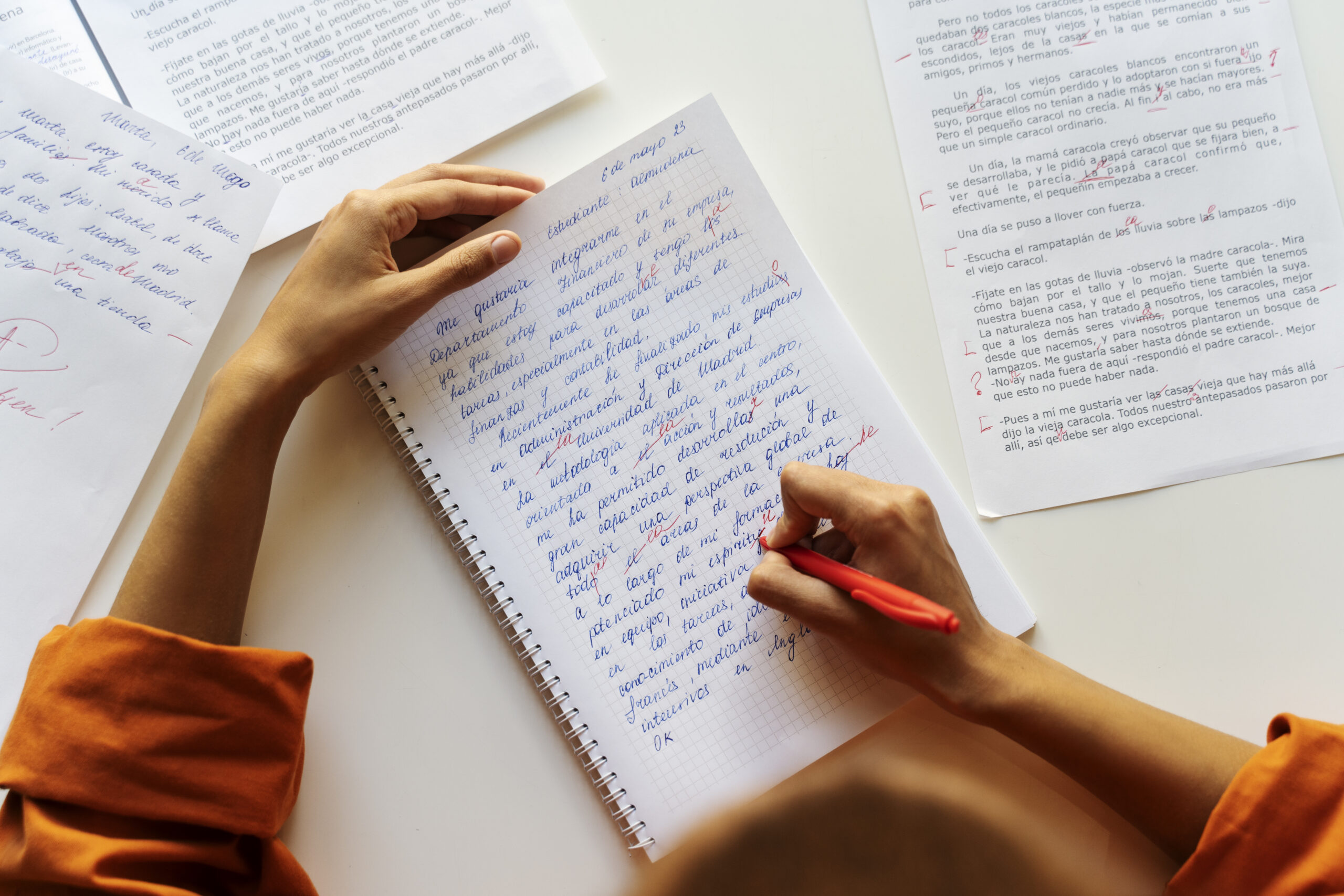Introduction
So, you’ve poured your heart into writing a book—months, maybe years of effort. But before hitting publish or submitting it to a publisher, there’s one crucial step you can’t afford to skip: manuscript proofreading.
Whether you’re self-publishing or working with a traditional publisher, professional manuscript proofreading helps ensure your work is polished, error-free, and professional. This step can be the difference between a bestseller and a book filled with embarrassing mistakes.
What is Manuscript Proofreading?
Manuscript proofreading is the final quality check of your book before publication. It involves reviewing the entire manuscript for grammar, punctuation, spelling, consistency, formatting issues, and typographical errors. Unlike editing, which focuses on content and structure, proofreading is all about precision.
Why Proofreading Matters More Than Ever
- First impressions count: Mistakes can turn readers off instantly.
- Professionalism: A clean manuscript boosts your credibility.
- Reader experience: Clarity keeps readers engaged and satisfied.
10 Ways Expert Manuscript Proofreading Boosts Your Book’s Success
-
Eliminates Costly Errors
Spelling and grammar errors can tank your book’s credibility. Even one misplaced comma can alter meaning. Professional proofreaders catch what you miss.
-
Enhances Readability
Proofreading ensures your sentences flow naturally, making the reading experience smoother and more enjoyable for your audience.
-
Increases Publishing Success
Traditional publishers often reject manuscripts with glaring errors. Proofreading increases your chance of acceptance.
-
Supports Your Brand as an Author
A well-proofed manuscript reflects your commitment to quality and helps build a positive author brand.
-
Optimizes for Formatting Consistency
Consistency in font style, headers, spacing, and chapter layout is crucial for both print and digital formats. Proofreaders ensure all elements are uniform.
-
Protects Your Reputation
Bad reviews due to typos can harm your reputation. Proofreading prevents negative feedback based on avoidable mistakes.
-
Makes Self-Publishing Easier
If you’re self-publishing, you won’t have a big editorial team behind you. Proofreading is your safety net.
-
Improves Word-of-Mouth Marketing
Readers are more likely to recommend a book that’s polished and professional, boosting your organic reach.
-
Ensures Better Reader Engagement
Readers stay hooked when the text is clean and free of distractions like grammar hiccups or inconsistencies.
-
Sets You Apart in a Competitive Market
With thousands of books published daily, a flawlessly proofread manuscript gives you a competitive edge.
What Does a Professional Proofreader Check?
| Element | What It Covers |
| Grammar & Syntax | Correct verb tenses, sentence structure, and usage |
| Spelling | British vs. American, homophones, typos |
| Punctuation | Commas, semicolons, quotation marks, and more |
| Formatting | Chapter titles, indentations, fonts, page layout |
| Consistency | Character names, timeline, capitalization, abbreviations |
| Style Guide Adherence | Chicago Manual of Style, APA, MLA, etc. |
How to Choose the Right Manuscript Proofreader
When hiring a professional, consider:
- Experience: Look for specialists in your book’s genre.
- Certifications: Reputable proofreaders often hold professional credentials.
- Samples: Request a free sample edit.
- Turnaround Time: Ensure it aligns with your publishing timeline.
- Reviews: Read testimonials or references from past clients.
Top Benefits of Hiring a Human Proofreader Over AI Tools
While AI tools like Grammarly can assist, they often miss context, tone, and nuance. A human proofreader understands subtleties, sarcasm, regional expressions, and character voice.
5 High-Volume FAQs About Manuscript Proofreading
- How much does manuscript proofreading cost?
Costs vary by length and complexity. On average, professional proofreaders charge between $0.01 to $0.05 per word. Some offer flat rates for full manuscripts.
- What’s the difference between editing and proofreading?
Editing improves structure, flow, and clarity. Proofreading focuses on correcting surface errors like grammar, punctuation, and formatting.
- When should I hire a manuscript proofreader?
Hire a proofreader after the editing phase, once your content is finalized. This ensures the proofreader works on the final draft only.
- Can I proofread my own book?
You can try, but it’s not recommended. It’s hard to spot your own errors. A fresh, trained pair of eyes makes all the difference.
- How long does manuscript proofreading take?
Timelines vary by project size. A standard 80,000-word novel may take 1–2 weeks depending on the proofreader’s availability and workflow.
Tips to Prepare Your Manuscript for Proofreading
Before sending your manuscript to a proofreader:
- Do a self-check with tools like Hemingway or Grammarly.
- Ensure the manuscript is complete and final.
- Clarify formatting or style preferences.
- Provide any relevant reference materials (e.g., style guides, character bios).
Conclusion: Don’t Skip the Final Step
Manuscript proofreading might feel like the last hurdle, but it’s one of the most vital. It’s not just about catching typos—it’s about giving your readers the best possible experience, protecting your reputation, and increasing your chances of success.
A professionally proofread book stands out. So, if you’re serious about your book, invest in expert proofreading. Your future readers—and your career—will thank you.









